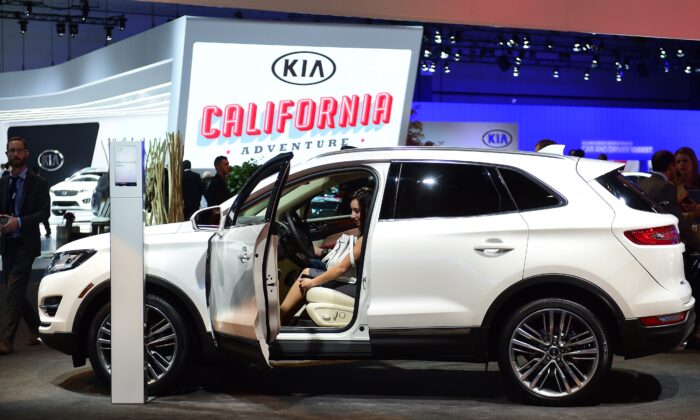The state’s lemon law protects consumers who buy defective cars.
Lemon Act allows consumers to return to the car dealer or manufacturer to obtain a replacement vehicle or return it if it is defective and cannot be repaired.
Newsom signed AB 1755 in September 2024, saying that his signature memo at the time aimed at speeding up the resolution of Lemon Act claims and reducing litigation. However, he said many automakers “expressed serious concern that some of the specific procedures set out in AB 1755 are invalid for them to me.”
“In light of these concerns, the author agreed to introduce the bill early in the 2025-2026 legislative meeting, which amends the law enacted by this bill to carry out new procedures that are subject to elections by certain automobile manufacturers,” writes Newsom.
According to the text, AB 1755 requested that consumers provide written notice to manufacturers of defective vehicles. This required the manufacturer to buy back or replace the car.
The new law, SB 26, will delay the effective date of certain portions of AB 1755 from April 1st to July 1st of this year. You will also require the state to choose whether or not to participate in the provisions of the law and submit an online list of participating manufacturers to the state.
If the owner of a defective vehicle that notifies the manufacturer, they must notify the prospective customer if they choose to sell the vehicle to ensure they are aware of the potential issue.
“Importantly, SB 26 will require notification from consumers who purchase potential ‘lemons’ and will help prevent accidents that could kill or hurt Californians due to lack of recognition of vehicle defects,” Newsmom wrote in a signature memo on April 2.
In the memo, the governor said SB 26 “should help reduce market disruption.”
However, the governor was concerned that AB 1755 may not have a proper balance among all parties, and hoped that the state legislature would reconsider its measures “assessing whether the law is working for the benefit of the people.”
Many auto companies supported the SB 26, including Tesla Motors, Rolls-Royce, Rivian, Mercedes-Benz, BMW in North America, Honda, Toyota, Volvo, Volkswagen and Aston Martin.
Advocacy Group’s consumers for the reliability and safety of automobiles opposed the measure, saying the group was unsure whether all carmakers would opt out of “harmful changes” made to the Lemon Act by AB 1755.
“Unfortunately, the bill significantly weakened protections for California lemon owners and therefore cannot address any of the concerns raised by consumer organisations across California and across the country.”



